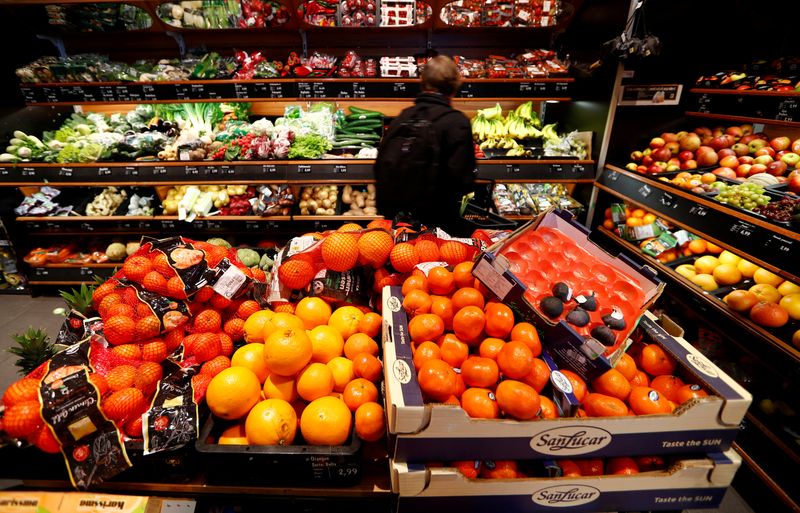BERLIN (Reuters) - Germany's new 6.9% inflation reading for 2022 is one point lower than previously reported due to revisions by the statistics office to how the consumer price index is measured.
A new base year is introduced every five years, Stephanie Hirner, head of the prices group at the statistics office said on Wednesday. In January, the index was rebased from the previous base year 2015 to 2020.
"Based on the new basket of goods now in effect, last year's inflation rate was significantly lower than previously reported," Commerzbank (ETR:CBKG)'s senior economist Ralph Solveen said.
The new base year was marked by the start of the COVID pandemic. The stats office used an average of the years 2019 to 2021 for the most part to derive the new weights in the inflation basket, the office explained.
German consumer prices rose 8.7% on the year in January and 1.0% on the month, the statistics office said on Wednesday.

The figures from previous months had to be recalculated - inflation was running at 8.1% in December and 8.8% in November, compared to 8.6% in December and 10.0% in November before the revisions.
"There is now no longer a double-digit figure, and the inflation rate has not fallen since the fall, but has moved sideways," Solveen said.